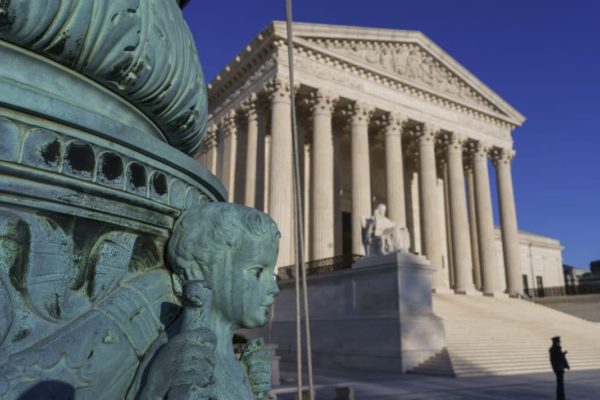The latest target after the Supreme Court’s decision to strike down affirmative action is the country’s largest corporations.
Republican attorneys general in 13 states informed Fortune 100 companies to discontinue implementing diversity policies and hiring practices that place race as a criterion to employ and promote workers.

This comes a month after the Supreme Court’s conservative majority voted to dismantle affirmative action admissions processes at higher education institutions based on cases involving groups at Harvard University and the University of North Carolina.
Even though the ruling does not directly concern the country’s employers, it emboldened the state officials to write a letter to these corporations reminding them that these practices are “illegal” in some instances and “to refrain from discriminating on the basis of race, whether under the label of ‘diversity, equity, and inclusion’ or otherwise.”
The 13 attorneys general who co-wrote and signed off on it represent the states of Kansas, Tennesee, Alabama, Arkansas, Indiana, Nebraska, Iowa, South Carolina, Kentucky, West Virginia, Mississippi, Missouri, and Montana.
“The Supreme Court’s recent decision should place every employer and contractor on notice of the illegality of racial quotas and race-based preferences in employment and contracting practices,” the state officials wrote.
They warn employers could face “serious legal consequences” if they don’t comply with their directive and named major corporate entities with the very policies they’re denouncing like Microsoft, Apple, Google, Uber, Netflix, TikTok, and Facebook.
The attorneys general call these practices “unavailing” and say they’re part of a “discriminatory path” that is “now definitively closed” due to the Supreme Court’s decision.
“Social mobility is essential for the long-term viability of a democracy, and our
leading institutions should continue to provide opportunities to underprivileged
Americans,” the letter reads. “Race, though, is a poor proxy for what is fundamentally a class distinction. Responsible corporations interested in supporting underprivileged individuals and communities can find many lawful outlets to do so. But drawing crude lines based on skin color is not a lawful outlet, and it hurts more than it helps.”


